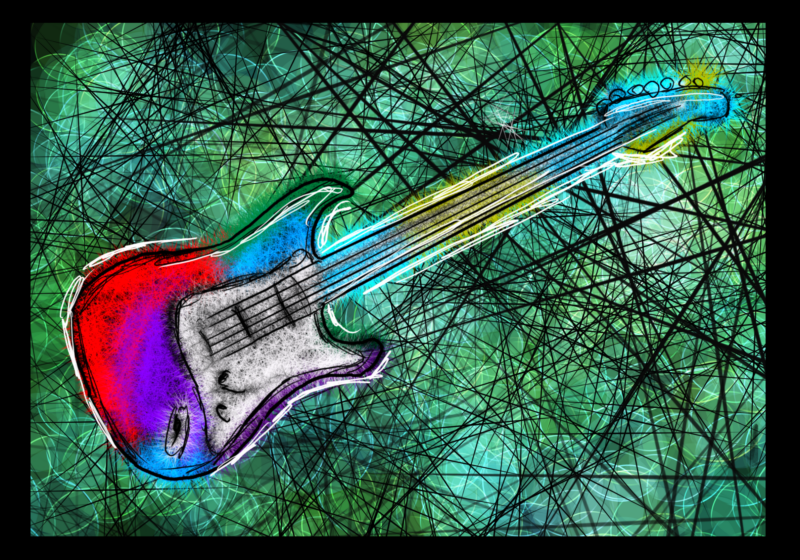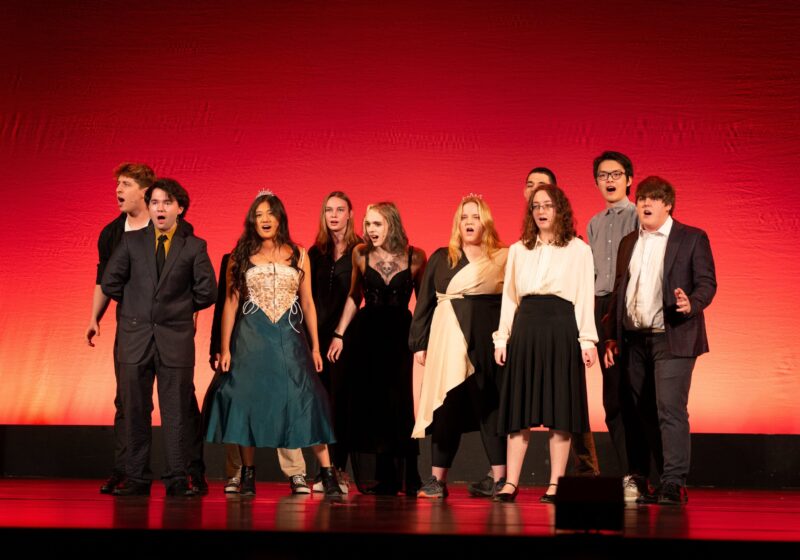Every once in a while, a guy shows up at a general interest meeting for the Medieval Society and asks, ‘When do we start dressing up?” Sorry buddy, wrong club.
According to Medieval Society President (erm, Prime Minister) and sophomore Sebastian Bezerra, the Society is actively working to educate the undergraduate body about the extensive Medieval Studies resource pool housed in Rush Rhees Library. The Medieval Renaissance Project, launched earlier this semester, seems to focus on just that.
So, I got to know: Most clubs have a President; you’re the Prime Minister. Is that a look back to the good old days?
I can get in so much trouble with my club for answering this one way or the other. Half the club thinks it’s a good idea, half the club thinks it’s a bad idea. We’re trying to get it put back to President, because we’ve had trouble with other clubs not taking us seriously.
What’s the most fascinating medieval culture that you have studied?
The Welsh. They are not very well-known, but they have a huge body of literature and politics and history that isn’t well-known outside the U.K. For me, it’s this rich, amazing culture which almost nobody knows about.
What kind of students get involved in the Medieval Society?
We have more science majors than anybody else. You don’t have to be an expert in the Middle Ages, you just have to have an interest in it.
What’s the Medieval Renaissance Project?
It was born out of a letter that I wrote to a lot of professors and department heads at the beginning of the semester.
The idea is that for all of the Middle Ages resources on this campus that exist the students just don’t know about them. There have been a lot of people who have made special majors in the Middle Ages and we’ve helped them.
There’s the Robbins Library, which a lot of undergraduates have simply not heard of. I know seniors who didn’t know that the fourth floor of Rush Rhees Library houses an entire medieval library.
I didn’t know that either.
You didn’t know that? [The Robbins Library] has some of the most extensive collections of scholarly work on the Middle Ages that I have ever heard of. The thing is that it attracts graduate students in Medieval Studies. Our grad programs [in English and history] are very skewed toward the Medieval Studies, but our undergraduate population virtually has no idea.
All of these resources are not exclusive to graduate students. Most of the medieval courses at UR are open to undergraduates. All of these resources are available to undergraduates. The Medieval Renaissance Project was born out of a desire to make all of these things much more accessible to a wider audience.
What do you find more interesting in medieval history: the symbology and hidden codes like in ‘The Da Vinci Code” or medieval architecture?
Medieval architecture. I’m very much interested in it from the perspective of how did that society turn into our society today.
What’s your next big event on campus?
A talk by a graduate student Dan Frank, which is next Thursday, about the effect of the Hundred Years War on the culture of England.
Willis is a member of the class of 2011.





